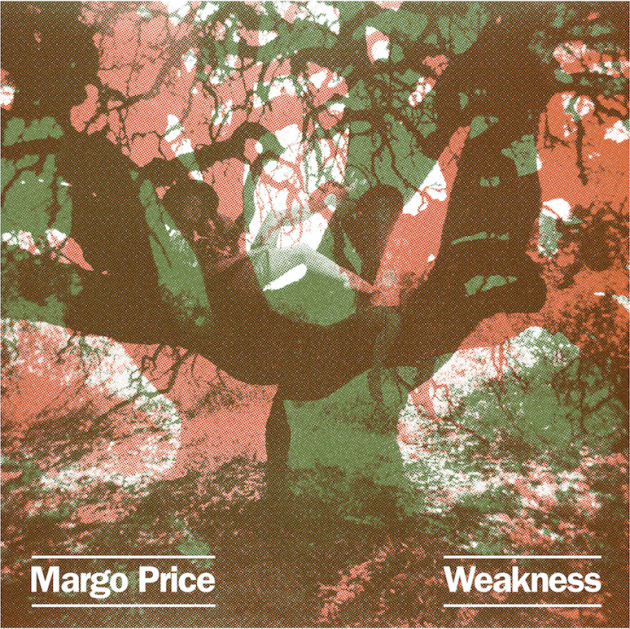Well, during my last one of these, I said we’d probably have another soon because I already had a few in mind, but after that, I took a break, and also there weren’t as many forgettable/mediocre albums from which to draw material. This time, I think there will be another one soon, as I wrap up the year. You might even see some next time that came out before these songs, as we go through the back burner and try to get to things we’ve missed throughout the year. For now, we’ll get to some of the more recent ones and throw in a couple that have been waiting their turn for awhile. Y’all know the routine: songs from albums we didn’t cover due to time constraints, good songs from mediocre and forgettable albums, and songs from albums neither of us had much to say about but which we still felt deserved a feature.
Margo Price: “Don’t Say It”
Yes, I found Margo Price’s second album, All American Made, incredibly boring most of the way through. This was a great opener, and I also enjoyed “Weakness,”–not featured here because it was covered in Brianna’s review of her EP–but after that, it was just so sleepy. As someone who enjoyed her debut record, I was looking forward to this, and it just didn’t resonate with me. I know I’m in the minority here, and that’s part of why these features exist, to provide a space to highlight stuff I otherwise couldn’t write about and give you an opportunity to fall in love with it if you so choose.
Margo Price: “Pay Gap”
One rare moment of energy on Price’s album came here, as she candidly explored the problem of unequal pay for women. The upbeat atmosphere contrasts with the seriousness of the lyrics in a way that really works and serves to elevate the message.
Lee Ann Womack: “The Lonely, the Lonesome, and the Gone”
This one is a decent album, it’s just one I don’t have much to say about, and with the time constraints as we near the end of 2017, I don’t have time to think of words. It seemed like for every good track on her latest record, the next one or two lost me. Still, there are more good ones here than the two I’ll showcase, and of the albums listed here, this is the one I’d recommend checking out over the others. The title track is one of the strongest and also one that seems to be getting a bit underrated in terms of the songs that we’re, you know, supposed to like here.
Lee Ann Womack: “Mama Lost Her Smile”
As I say, there are others worth checking out here besides the tracks featured–most notably, the cover of “Long Black veil”–but this one is certainly deserving of all the attention it’s received. Probably the universal favorite, this one describes looking at old photographs and wondering just when and why her mother started to look unhappy. Lee Ann’s interpretive ability is on full display here.
Christian Lopez: “Swim the River”
Once again, probably in the minority here, but I just cannot get into Christian Lopez. This isn’t a terrible album, it falls into the mediocre category as well, but one thing Christian can do very well is love songs. This opener is a good example.
Christian Lopez: “Silver Line”
Another place where the potential and personality in Lopez shines forth on Red Arrow; not coincidentally, also another love song. There’s also some cool fiddle here which makes everything better.
Lindsay Ell: “Worth the Wait”
And now to the mainstream for a couple songs that I almost didn’t include here because they’ve been out since August and indeed, would have made that list that was supposed to happen shortly after the last one. But then I told myself the whole point of this is to highlight stuff that’s been overlooked, so I should do that anyway, even though it’s November now. First is the final track on Lindsay Ell’s debut album, The Project, and it’s one of the only times she actually seems to be being herself, not to mention one of the only moments you can sort of call country.
Brett Eldredge: “Cycles”
Brett Eldredge isn’t the problem with the mainstream, but he’s also not the solution, and this is honestly the only thing I can remember from his self-titled album. That said, this is a really nicely written song that explores the on-again, off-again relationship thing quite well.
The Lone Bellow: “Deeper in the Water”
Okay, so best for last, as always. I knew nothing by this group until I put on Walk Into a Storm and fell in love with this song. And then? Not much happened after that. But this one is the one I’ve been most looking forward to putting on this list.
